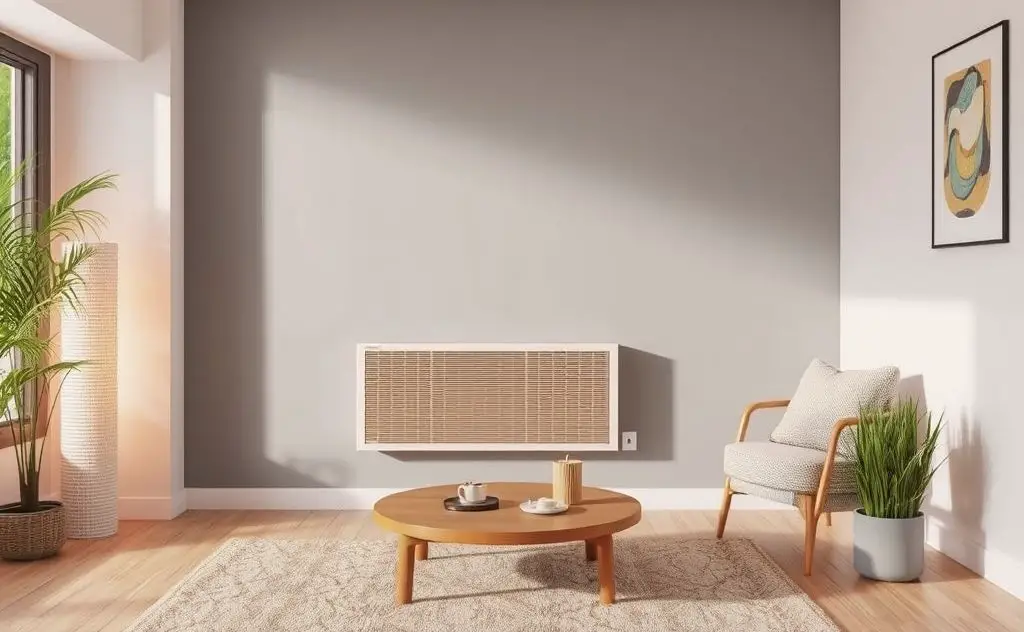To choose an efficient radiant heater, consider factors like heating capacity, energy source, size, safety features, and energy efficiency ratings for optimal performance.
Radiant heaters provide targeted warmth by emitting infrared radiation that directly heats objects and people. Unlike forced air systems, they don’t waste energy heating empty space. This guide will help you select the perfect radiant heater based on your specific requirements.

Key Factors To Consider When Choosing A Radiant Heater
Heater Type
Radiant heaters come in several varieties:
- Electric radiant heaters: Easy to install and maintain, ideal for small spaces. Models like the ViaAqua 200W Quartz Heater work well for personal use.
- Gas radiant heaters: More powerful for large areas, require ventilation. The indoor propane space heaters offer excellent heating capacity.
- Hydronic systems: Use heated water through pipes, best for whole-home heating.
Heating Capacity
Match the heater’s output to your space:
| Room Size | Recommended Wattage |
|---|---|
| 100 sq ft | 1000W |
| 200 sq ft | 2000W |
| 300+ sq ft | 3000W+ |
Energy Efficiency
Look for these efficiency features:
- Infrared technology (100% energy conversion)
- Programmable thermostats
- Eco-modes
- High AFUE ratings for gas models

Installation Considerations
Mounting Options
Choose based on your space:
- Wall-mounted: Saves floor space, permanent installation
- Ceiling-mounted: Ideal for high ceilings, even heat distribution
- Portable: Flexible placement, easy to move
Power Requirements
Electrical models need proper voltage:
- Small heaters: 120V
- Large heaters: 240V
- Consider circuit capacity
Safety Features To Prioritize
Essential Safety Components
Never compromise on these:
- Tip-over switch
- Overheat protection
- Cool-touch exterior
- Child lock
- UL certification
Ventilation Requirements
Gas models need proper venting to prevent carbon monoxide buildup. Always follow manufacturer guidelines for clearance distances from walls and flammable materials.
Cost Analysis
Initial Investment
Prices vary significantly:
- Portable electric: $50-$300
- Wall-mounted electric: $200-$800
- Gas radiant heaters: $500-$2000+
- Hydronic systems: $6000-$14,000+
Operating Costs
Consider long-term expenses:
- Electricity rates in your area
- Gas/propane costs
- Maintenance requirements
Specialty Radiant Heaters
Outdoor Options
For patios and outdoor spaces, consider weather-resistant models like the Bull Power Warm 48″ 5000W Heater with dual mounting options.
Industrial Applications
Large spaces require high-output heaters. The Reddy Heater 150,000 BTU works well for warehouses and workshops.
Maintenance Tips
Regular Care
Extend your heater’s lifespan:
- Clean reflectors regularly
- Check electrical connections
- Inspect gas lines for leaks
- Replace filters if equipped
Troubleshooting
Common issues and solutions:
- No heat: Check power source and thermostat
- Uneven heating: Clean reflectors, adjust positioning
- Strange odors: New units may smell initially, persistent odors require inspection
